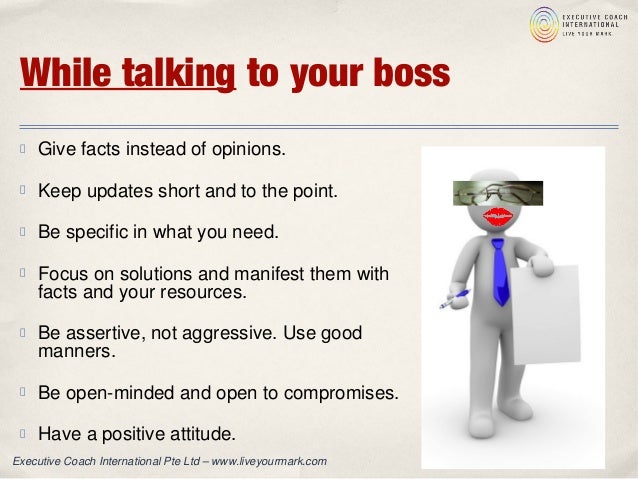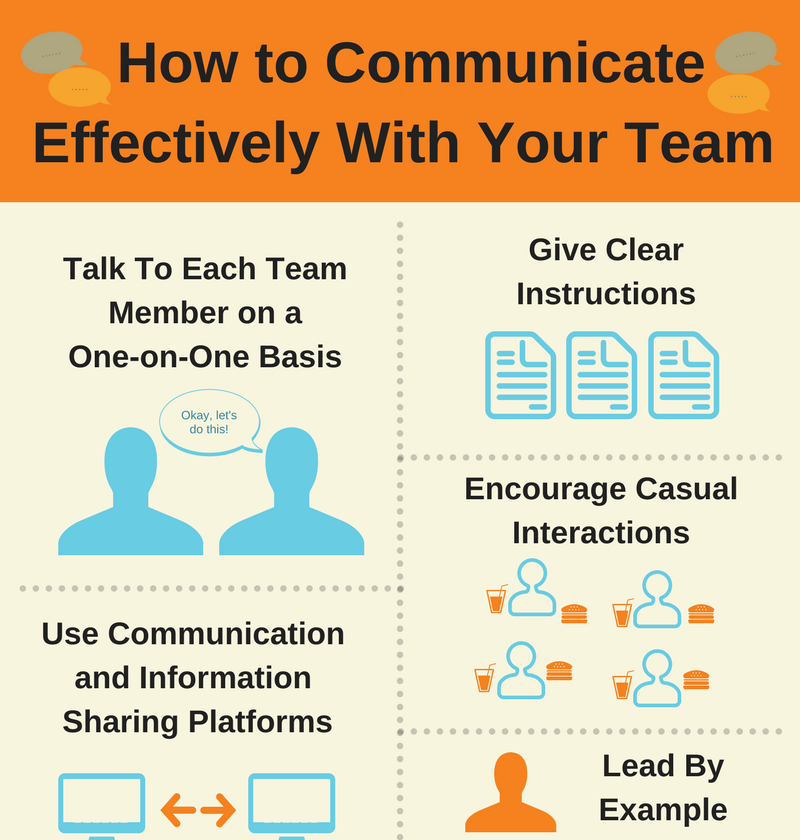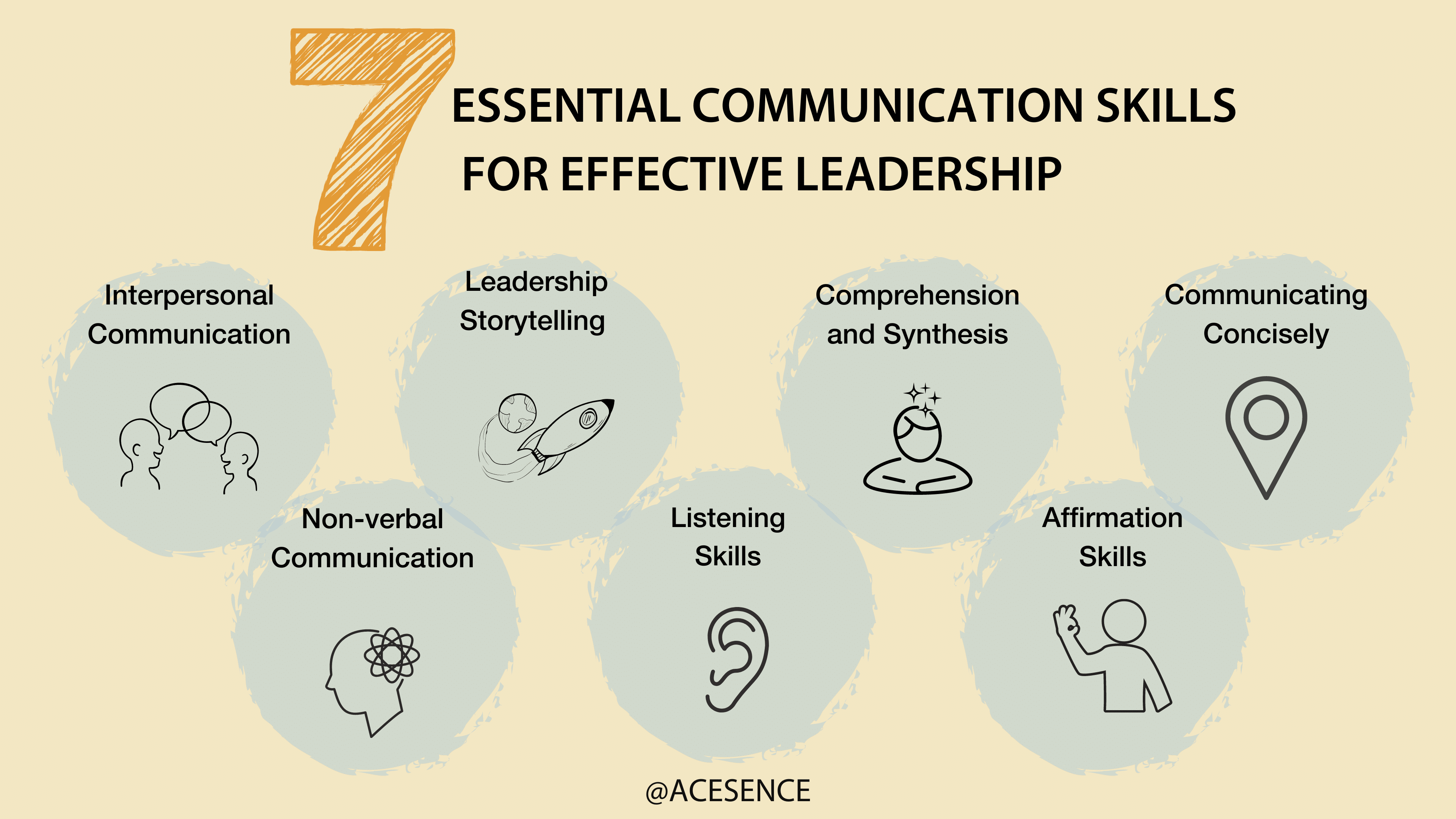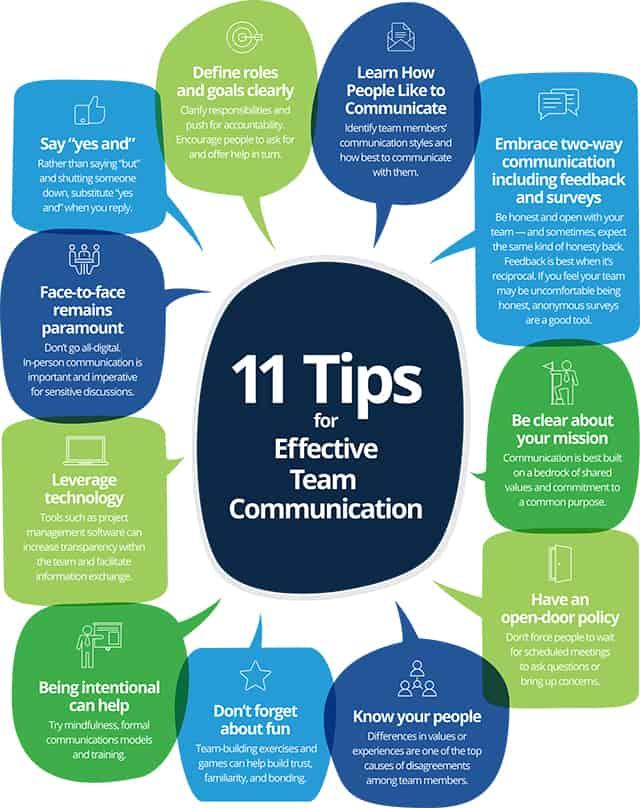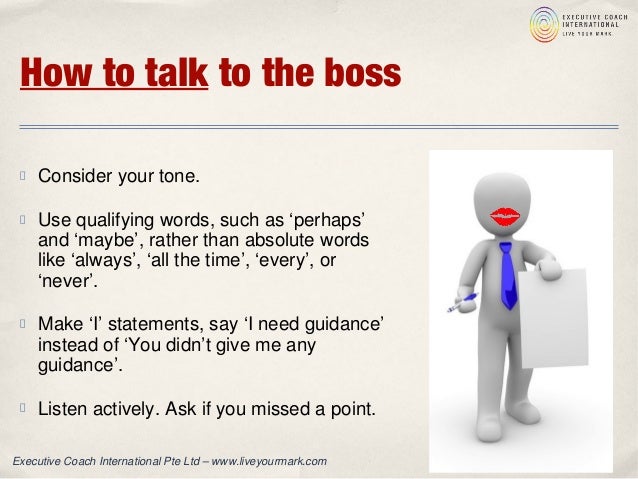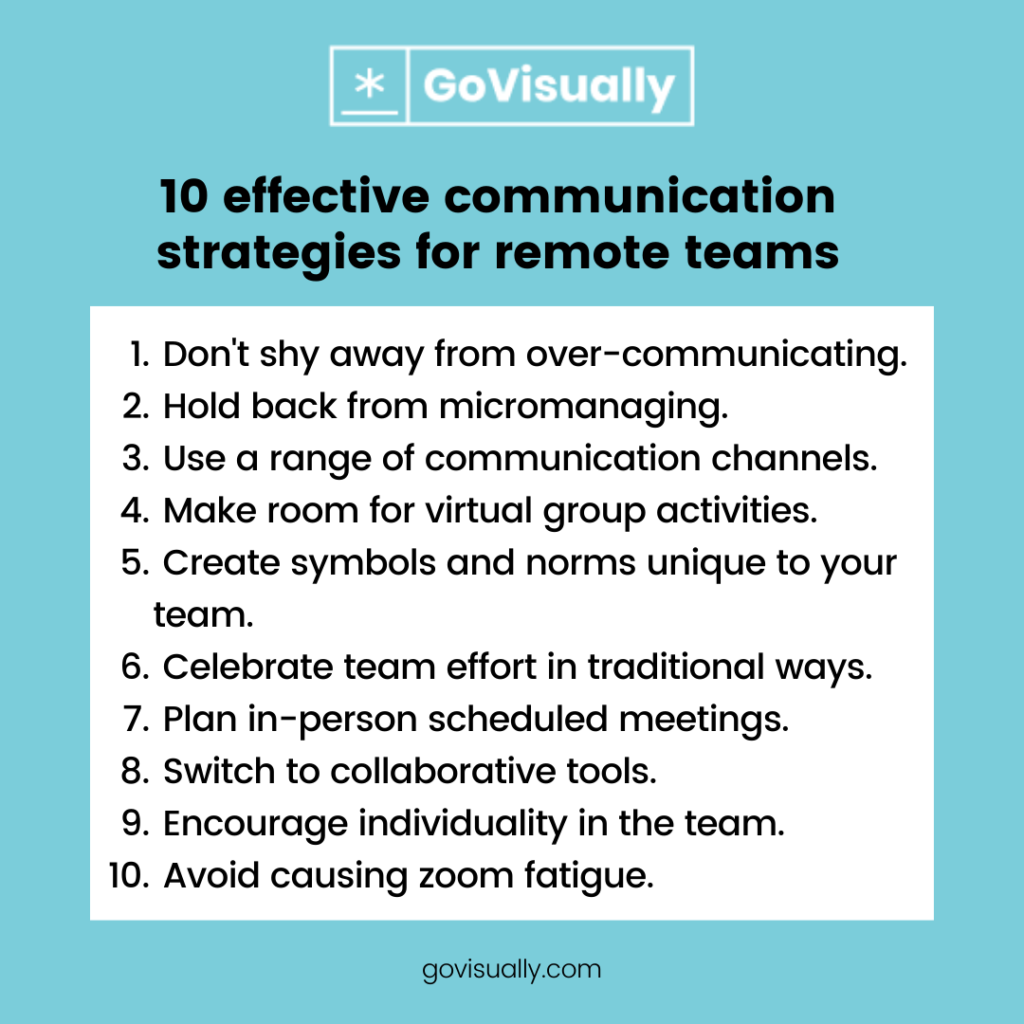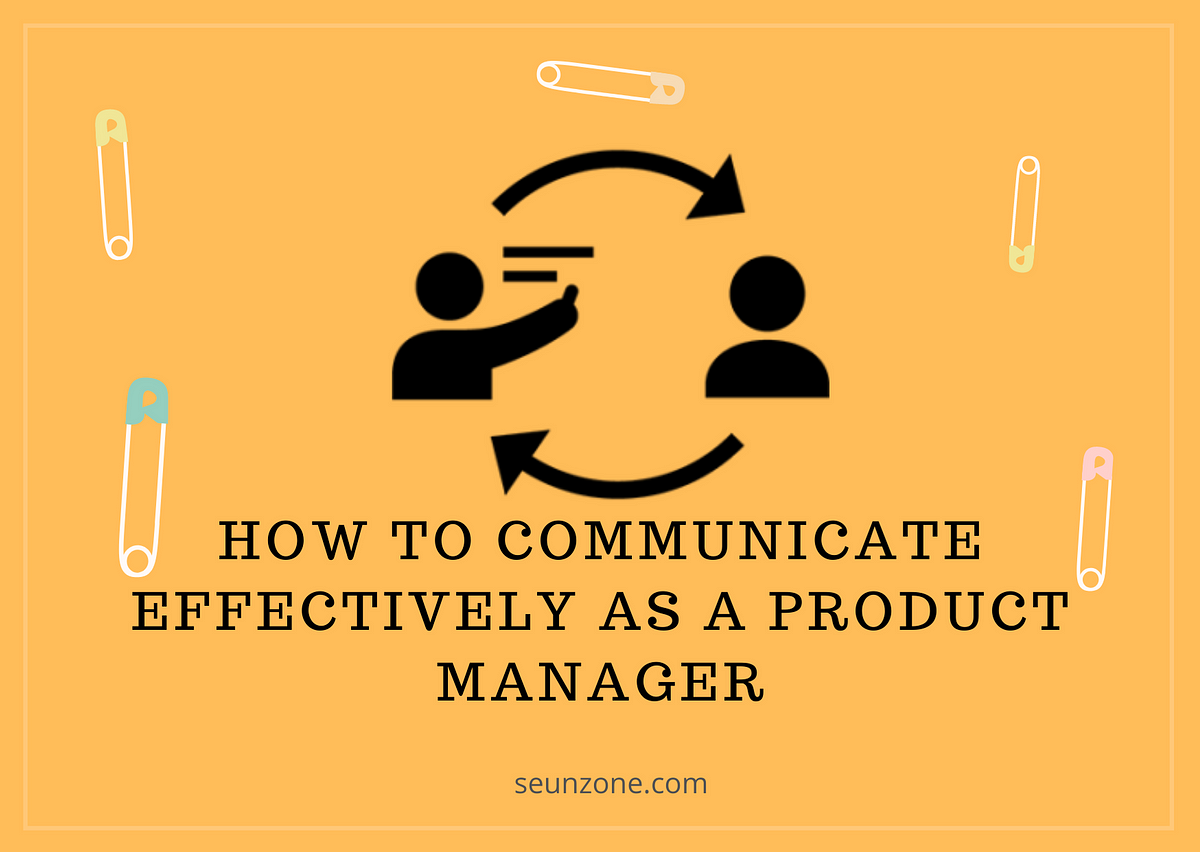How To Communicate Effectively With Your Manager

In today's fast-paced professional environment, miscommunication with a manager can lead to project delays, frustration, and even career stagnation. Mastering the art of effective communication is not just a soft skill; it's a critical competency that directly impacts individual performance and overall team success. Recognizing this, professionals are actively seeking strategies to bridge communication gaps and foster more productive working relationships with their supervisors.
This article will delve into actionable methods for improving communication with your manager, drawing upon expert advice and research findings to provide a practical guide. It aims to equip readers with the tools to navigate challenging conversations, provide valuable feedback, and ultimately, build stronger, more effective working relationships.
Understanding Your Manager's Communication Style
One of the first steps toward effective communication is understanding your manager's preferred communication style. Does your manager prefer brief, to-the-point updates or detailed reports? Do they favor face-to-face conversations, emails, or instant messaging?
Paying attention to these preferences can significantly improve the clarity and reception of your messages. Tailoring your approach to match their style demonstrates respect and consideration, according to research from the Harvard Business Review.
Consider asking directly about preferred methods of communication. "I want to make sure I'm communicating with you in the most effective way possible. Do you have a preferred method for updates and quick questions?"
Proactive and Clear Communication
Being proactive in communicating both successes and challenges is crucial. Don't wait for your manager to ask for updates; provide them regularly and concisely. According to a 2023 study by Gallup, employees who receive consistent feedback are more engaged and productive.
When addressing challenges, frame them as opportunities for solutions. Clearly outline the problem, its potential impact, and your proposed solutions. This approach showcases your problem-solving skills and demonstrates a proactive mindset.
Remember to be specific and avoid ambiguity in your communication. For instance, instead of saying "The project is going well," provide concrete examples like "We've completed phase one ahead of schedule and are on track for phase two."
Active Listening and Asking Clarifying Questions
Communication is a two-way street. Active listening is just as important as conveying your message effectively. Pay close attention to what your manager is saying, both verbally and nonverbally.
Demonstrate your engagement by summarizing their points and asking clarifying questions. This ensures you understand their expectations and prevents misunderstandings. For instance, you could say, "So, if I understand correctly, you'd like me to prioritize X over Y?."
Don't be afraid to ask for clarification if something is unclear. "Could you elaborate on what you mean by X?" or "Can you provide an example of Y?" are perfectly acceptable questions. According to data from the Project Management Institute (PMI), unclear requirements are a major cause of project failure.
Providing Feedback Constructively
Offering constructive feedback to your manager can be a delicate matter, but it's essential for fostering a healthy and collaborative relationship. When providing feedback, focus on specific behaviors and their impact, rather than making personal judgments.
Frame your feedback positively and focus on solutions. For example, instead of saying "Your communication style is confusing," try "I find it helpful when instructions are more structured. Would it be possible to provide a written outline of expectations before a project begins?"
Choose an appropriate time and setting for delivering feedback. A private conversation is usually preferable to a public forum. Remember to be respectful and professional in your tone.
Utilizing Technology Effectively
In today's digital age, technology plays a significant role in workplace communication. Mastering the use of email, instant messaging, and project management software is crucial for efficient and effective communication. Ensure the use of right type of software to collaborate on document, share feedback and manage projects efficiently.
Be mindful of the tone of your emails and instant messages. Written communication can easily be misinterpreted, so it's important to be clear, concise, and professional. Avoid using sarcasm or ambiguous language.
Utilize project management tools like Asana or Trello to track progress, assign tasks, and communicate updates. These tools can streamline communication and reduce the risk of misunderstandings.
Building Trust and Rapport
Effective communication is built on trust and rapport. Take the time to build a positive working relationship with your manager. This involves getting to know them as a person, showing genuine interest in their work, and demonstrating your commitment to the team's success.
Engage in informal conversations and participate in team-building activities. Showing that you value their input and are willing to go the extra mile can foster a stronger connection. Research from the Society for Human Resource Management (SHRM) highlights the importance of strong relationships in employee engagement and retention.
By building trust and rapport, you can create an environment where open and honest communication is the norm.
Conclusion: A Continuous Process
Mastering effective communication with your manager is an ongoing process. It requires continuous effort, self-awareness, and a willingness to adapt your approach. By understanding your manager's communication style, being proactive and clear, actively listening, providing constructive feedback, utilizing technology effectively, and building trust, you can foster a more productive and fulfilling working relationship.
Embracing these strategies can lead to improved project outcomes, increased job satisfaction, and enhanced career prospects. Invest time and effort to make communication effective, and benefit yourself from it.



